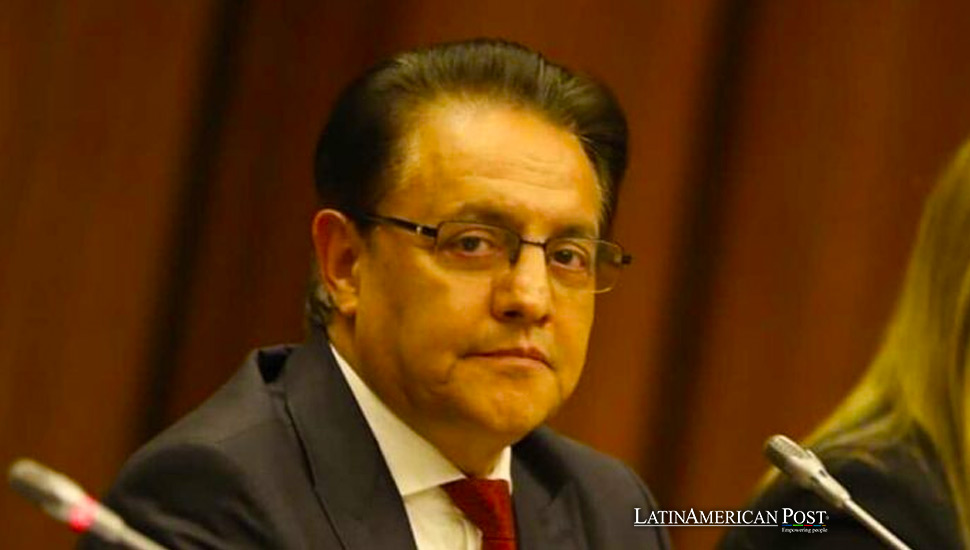Trial Set for Suspects in Assassination of Ecuador’s Anti-Corruption Champion and Presidential Hopeful

Ecuador advances justice for Fernando Villavicencio, an anti-corruption presidential hopeful murdered in Quito, as five suspects face trial amid investigations into a broader conspiracy involving the Los Lobos gang.
Trial Set for Alleged Assassins of Fernando Villavicencio
In a significant development within Ecuador’s legal system, five individuals accused of participating in the assassination of Fernando Villavicencio, a prominent anti-corruption presidential candidate, will face trial, as announced by the attorney general’s office. Villavicencio, a former legislator and investigative journalist known for his crusade against corruption, was tragically shot dead in August last year as he exited a campaign event in Quito, highlighting the alarming rise in violence within the country. This case has not only shocked Ecuador but has also cast a spotlight on the pervasive issue of political violence and corruption that affects several Latin American nations.
Villavicencio’s assassination has sparked numerous theories regarding the motives behind his murder, and an ongoing investigation seeks to uncover who ultimately ordered the hit. The complexity of the case deepened when one assailant was fatally shot at the crime scene, and the subsequent murder of seven suspects in jail further muddied the waters.
Complex Dynamics of the Assassination
Among the suspects brought to trial, two are purportedly leaders within the Los Lobos gang, identified by prosecutors as having played central roles in orchestrating the assassination. However, the defense has contested these claims, arguing a lack of concrete evidence. The prosecution alleges that Carlos Edwin Angulo Lara, known as “The Invisible,” commanded the killing from within the CRS Cotopaxi prison, acting as a go-between for the assassins and the unidentified individual who hired them. Another accused, Laura Dayanara Castillo, is said to have managed logistics for the crime, including the acquisition of weapons and vehicles.
This trial in Ecuador is a crucial moment in Latin America’s broader struggle against organized crime and political corruption. Similar challenges are faced by countries across the region, where gangs and corrupt networks have infiltrated political systems, undermining democracy and public trust. From Mexico’s battle against cartel violence to the pervasive influence of criminal organizations in Central America, the assassination of Villavicencio underscores a familiar narrative of the risks faced by those who confront corruption and organized crime.
Ecuador’s Determined Effort to Combat Violence
Ecuador’s response to this tragedy, including the trial of the accused and the recent declaration of 22 gangs as terrorist groups by President Daniel Noboa, reflects a determined effort to combat the violence and instability fueled by such entities. Noboa’s administration, taking office amid this turmoil, underscores the urgency of addressing the root causes of violence and corruption that threaten the fabric of society.
Also read: Ecuador’s Bold Strategy Against Crime to Jump Start the Economy: A Blueprint for Latin America?
As Ecuador seeks justice for Fernando Villavicencio, his assassination remains a poignant reminder of the dangers posed by corruption and organized crime, not just in Ecuador but across Latin America. This trial represents a step forward in the fight against impunity and the quest for a safer, more transparent political landscape. It also highlights the need for regional cooperation and comprehensive strategies to dismantle the networks perpetuating violence and corruption, ensuring that anti-corruption champions like Villavicencio did not die in vain.





